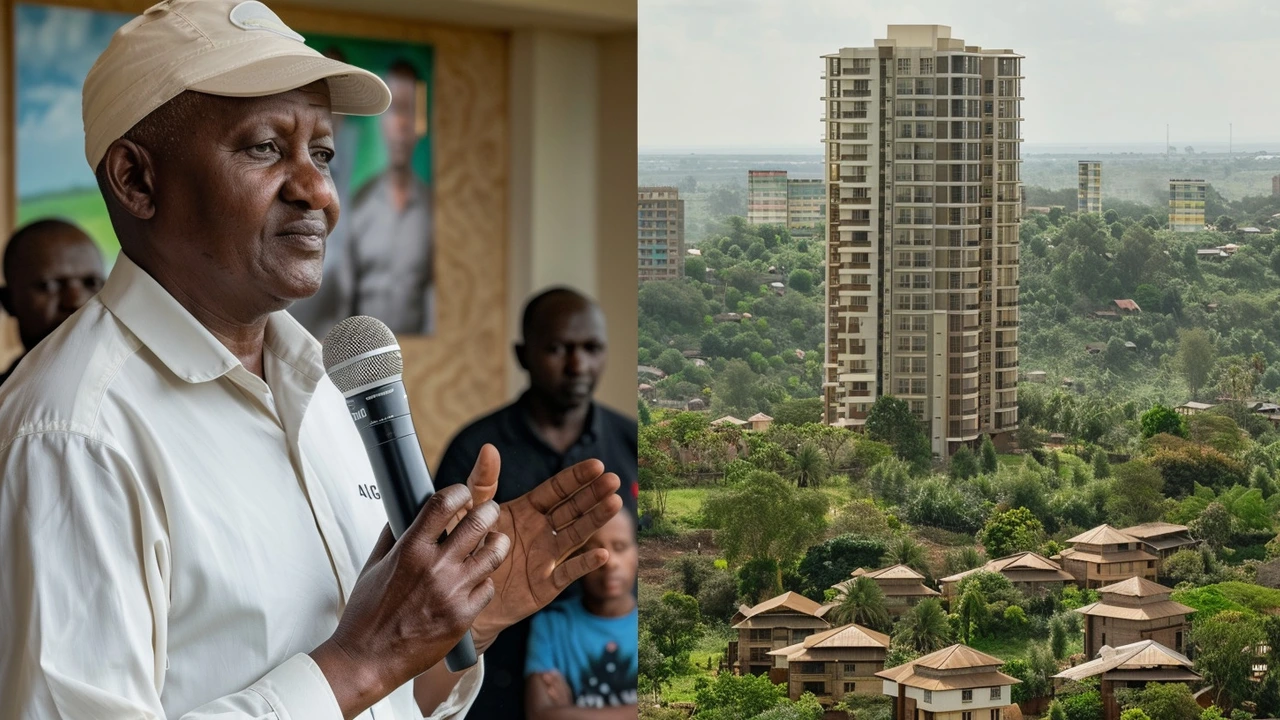The housing crisis isn’t just about where people sleep at night. It’s a daily struggle that cuts across cities, rural towns, and even places you’d think were immune—like Africa’s famous game farms. Flip on the news or scroll social media, and you’ll probably hear how rising costs, lack of land, and tough economic times are squeezing both locals and the people tasked with protecting Africa’s wildlife.
So, what does housing have to do with game farms? A lot, actually. Staff need a stable place to live near the farms. If there’s nowhere decent or affordable, it gets harder to attract passionate rangers, guides, and caretakers. Plus, many communities living around these reserves also feel the pinch—especially as property prices go up and informal settlements grow.
This isn’t just about people, either. Game farms play a big role in conservation and eco-tourism, but those efforts can take a hit if workers are forced to commute long distances or live in tough conditions. Some wildlife reserves have started to partner with local governments and NGOs to explore small-scale housing projects. These aren’t massive apartment blocks—they’re practical, environmentally-friendly homes built with locally sourced materials, meant to blend into the natural landscape and support the people keeping these farms running.
Of course, the housing crunch also affects eco-tourism. If infrastructure struggles to keep up with demand—think limited accommodations for workers and tourists alike—it limits how many people can experience Africa’s biodiversity up close. This leads to missed chances for job creation and income for surrounding communities. Tourists want an authentic experience, but they also expect comfort. Balancing both is tough if the basics like housing aren’t sorted out.
Daily news and reports continue to shine a spotlight on creative solutions and ongoing problems. For example, some regions have trialed mobile or modular homes for seasonal staff, which helps during peak tourist months. Others look at community land trusts that allow locals to build equity and stay invested in conservation. The key insight? No one-size-fits-all solution works. Each area—whether in South Africa, Kenya, or Botswana—faces different challenges when it comes to land, tradition, and funds.
Fans of Africa’s game farms often ask if tourism dollars actually help. The answer can be yes, but only if part of that money goes into community-driven housing and not just luxury lodges. Some forward-thinking reserves now offer tours explaining how admission fees get used, including investments in staff welfare and better homes.
Both the struggles and successes in tackling the housing crisis on Africa’s game farms carry lessons for rural development everywhere. If you care about wildlife, or just want a behind-the-scenes look at the realities of living and working in these unique places, keeping up with daily updates is the way to go.

Martha Karua, leader of NARC Kenya, has demanded that President Ruto provide free, quality housing to Kenyans displaced by both floods and forced demolitions on riparian lands. Citing the government’s inadequate financial aid, she argues for a more sustainable resettlement solution.
Read More >>